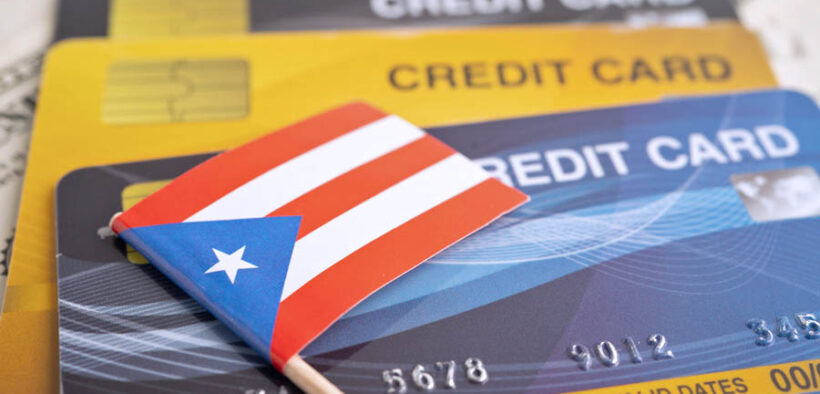DCUC warns Puerto Rico bill threatens financial stability

The Defense Credit Union Council (DCUC) has voiced strong opposition to Puerto Rico Senate Bill 675, which would bar credit and debit card swipe fees from being calculated on the island’s sales and use tax (IVU, in Spanish) and service tips.
“Senate Bill 675 would harm Puerto Rico’s financial ecosystem, especially servicemembers, veterans and their families who rely on safe, convenient and affordable payments through their local financial institutions, including credit unions,” said Jason Stverak, DCUC chief advocacy officer.
The council argued the proposal poses multiple risks: it could undermine payment security, require a costly and complex Puerto Rico-specific technology system, and disproportionately affect smaller financial institutions that lack the resources to adapt. DCUC warned that compliance expenses would ultimately shift to consumers through higher fees, reduced rewards programs and fewer resources for security.
“No U.S. state or global jurisdiction has enacted this type of carve-out,” DCUC stated, warning that approval would isolate Puerto Rico’s financial system and discourage future investment. Instead, it urged lawmakers to consider other measures such as ensuring full tip protection for employees or offering tax collection allowances for merchants without undermining consumer protections.
“Preserving the current interchange framework will safeguard servicemembers, veterans and all Puerto Ricans by keeping payments secure, affordable and reliable,” Stverak added.
Bill aims to reduce hidden costs
Supporters of Senate Bill 675 argue that credit and debit cards are essential tools for the island’s economy, but that swipe fees create a hidden cost, especially for lower-income families who rely on electronic payments.
“These charges have a negative effect on lower-income sectors, who rely on debit and credit cards as critical tools for managing their personal finances,” the bill states. “In addition, these fees function as a hidden tax that distorts the pricing structure by adding undeclared costs during initial transactions.”
The legislation says processors generate additional income by applying fees to amounts that do not benefit merchants or consumers, such as IVU and tips. “This automatically generates additional cost for merchants, indirectly impacting workers’ compensation,” it notes.
Modeled after stateside precedents
The measure cites recent laws in Illinois and Colorado. Illinois’ Interchange Fee Prohibition Act, approved in May 2024, bans fees on sales tax, excise tax and gratuities when merchants report them properly. Colorado followed in March 2025 with the Swipe Fee Fairness and Consumer Safeguards Act, which also limited fees on nonprofit donations and blocked collection of fees on disputed transactions until resolution.
Lawmakers say these steps have delivered savings for small businesses and restaurants. They note that Puerto Rico already regulates some swipe fees under Act 150 of 2008, which prohibits merchants from adding a surcharge for card payments, but argue that loopholes remain.
Senate Bill 675 aims to close those gaps, creating a stricter structure to protect consumers, promote financial inclusion and strengthen transparency.
“By eliminating unjustified surcharges on essential components of transactions, the law will solve the problem of swipe fees that have discouraged the adoption of electronic payment methods,” the bill concludes. “This initiative will protect consumers, strengthen transparency and ensure that Puerto Rico advances toward a truly inclusive digital economy.”











